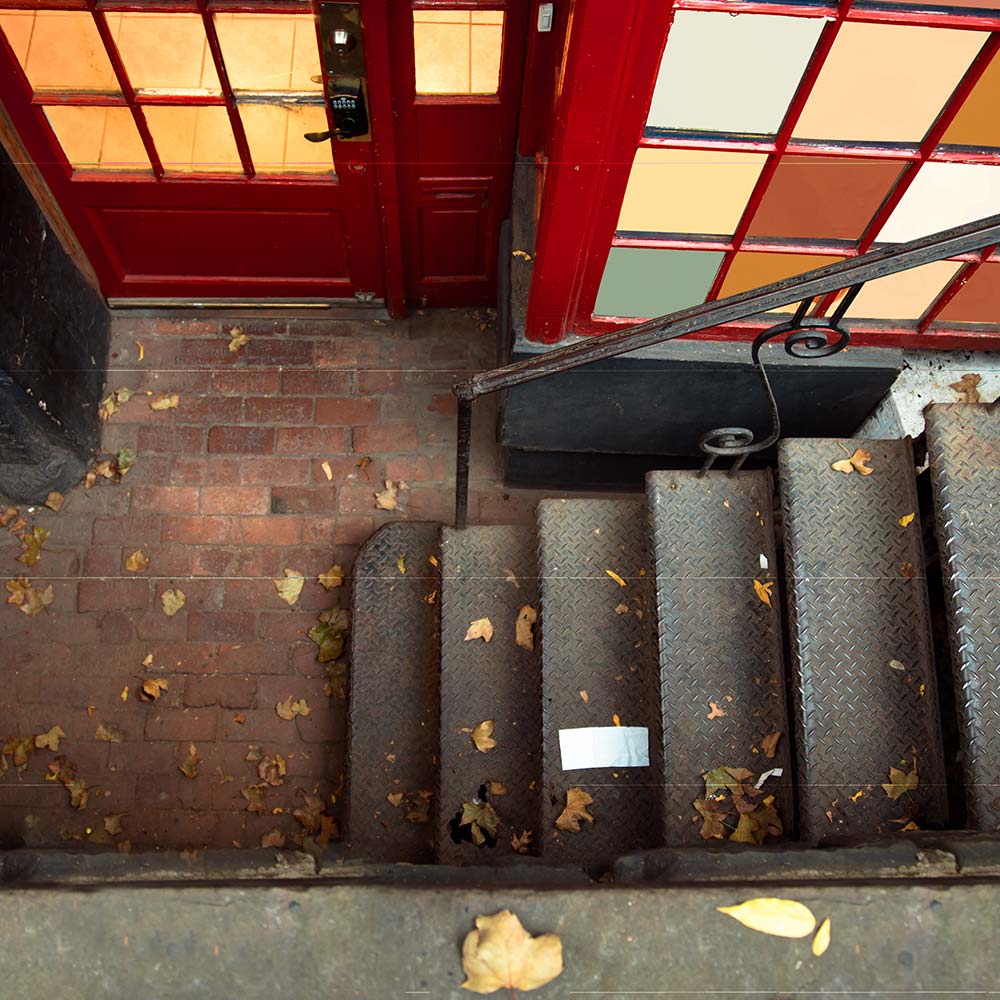
GT Stewart represented a client who was fleeing domestic violence from her ex-partner. Our client and her daughter became homeless upon fleeing the family home. A homeless application was submitted to the local authority and it was accepted that a main housing duty under s193(2) Housing Act 1996 was owed to our client. She was placed in unsuitable temporary accommodation.
The accommodation was a basement flat with crowds of males congregating in the locality of the property and committing acts of anti-social behaviour including urinating and defecating in the communal areas and in the street outside the property.
Upon requesting the review, representations were made pursuant to s149 of Equality Act 2010. This is the public sector equality duty and requires the local authority to have due regard to the need to:
(a) eliminate discrimination, harassment, victimisation and any other conduct that is prohibited by or under this Act;
(b) advance equality of opportunity between persons who share a relevant protected characteristic and persons who do not share it;
(c) foster good relations between persons who share a relevant protected characteristic and persons who do not share it (section 149(1)).
It was argued that victims of severe domestic violence are usually women therefore the protected characteristic of sex was engaged and in providing accommodation with crowds of males congregating and engaging in anti-social behaviour this was not in accordance with the PSED.
On review the local authority accepted that our client was placed in unsuitable accommodation and agreed to move our client into suitable accommodation.
If you know of anyone who is a victim of domestic violence who has been placed in unsuitable accommodation, please do get in touch with our specialist housing team.